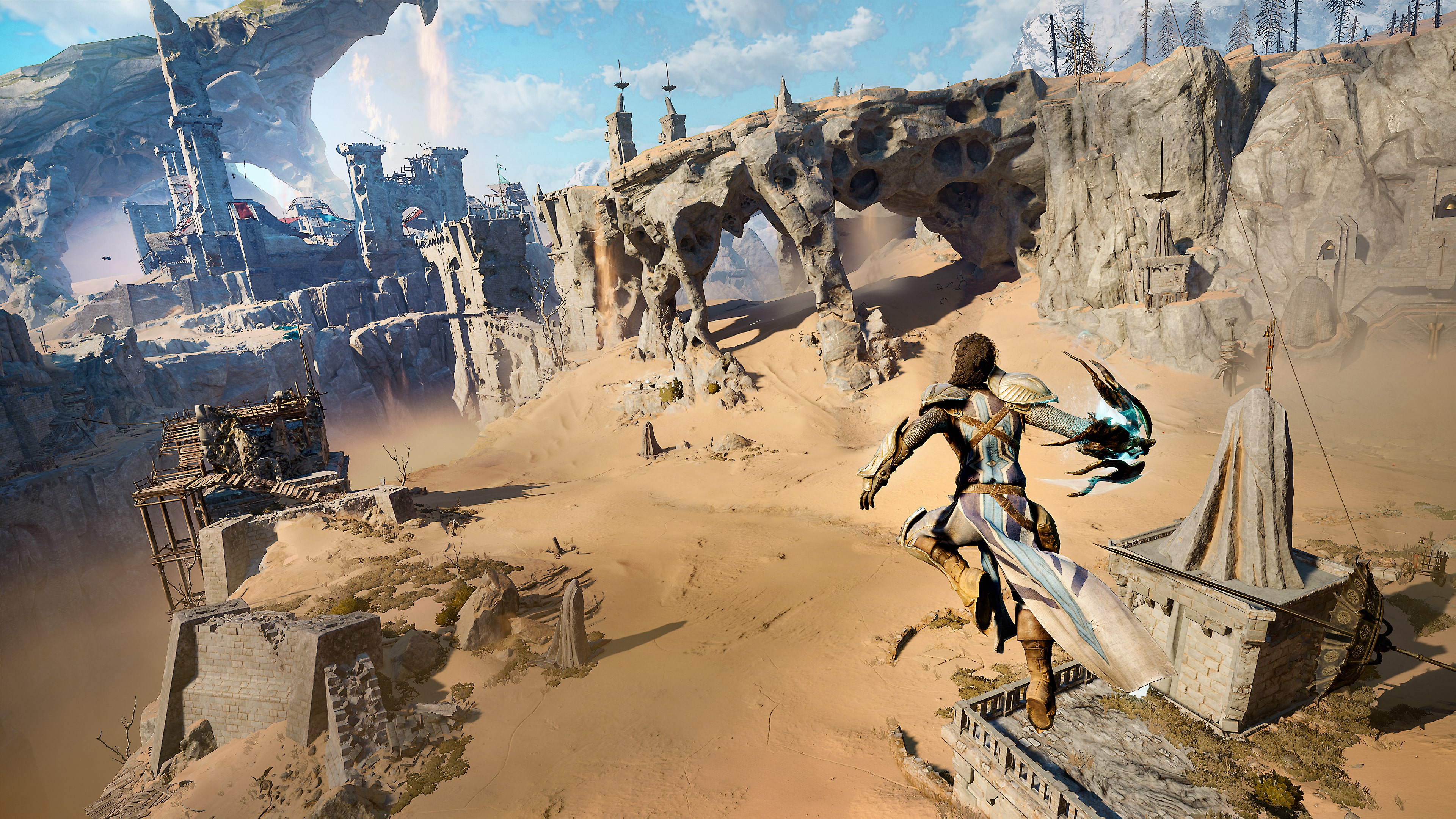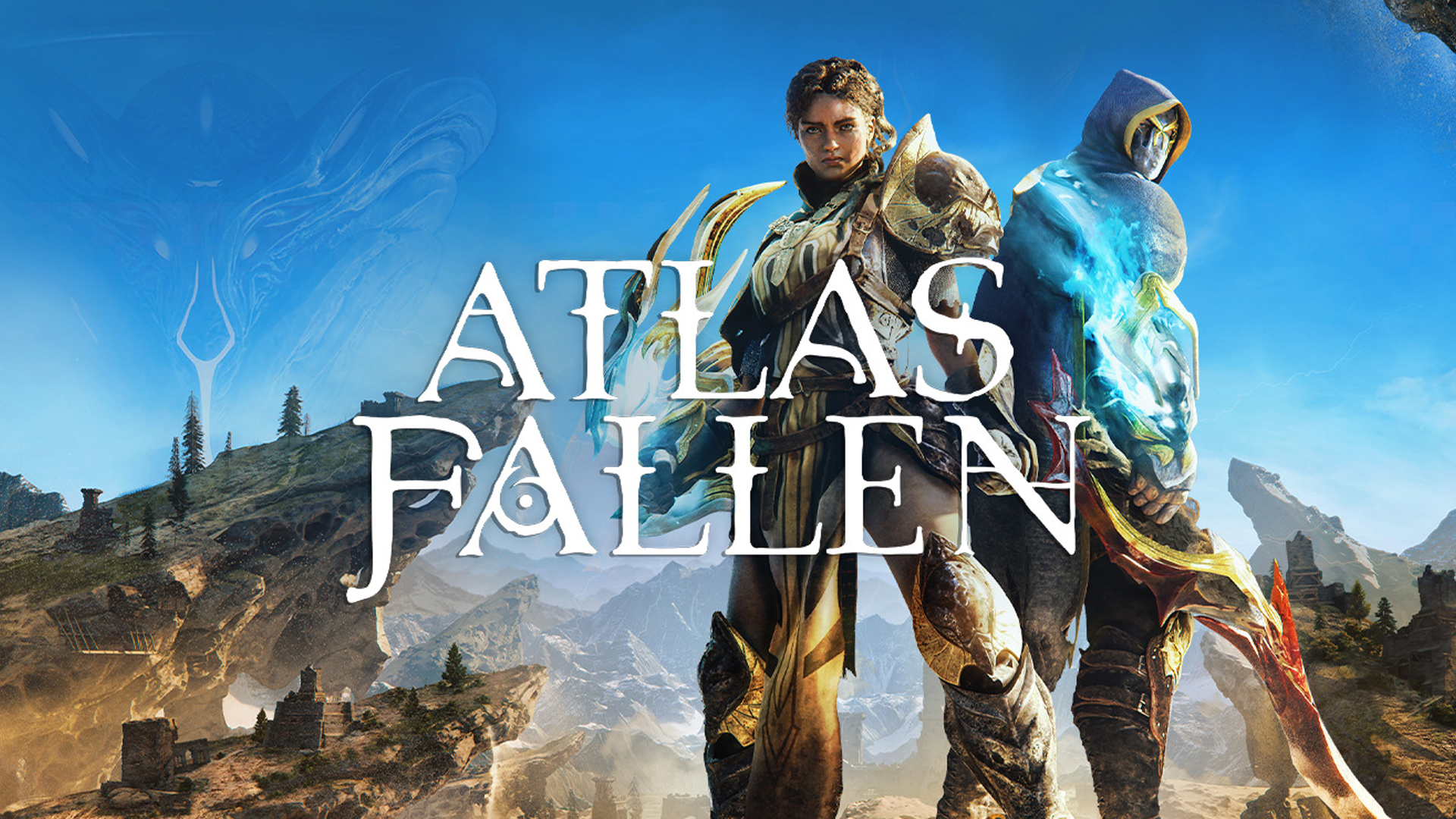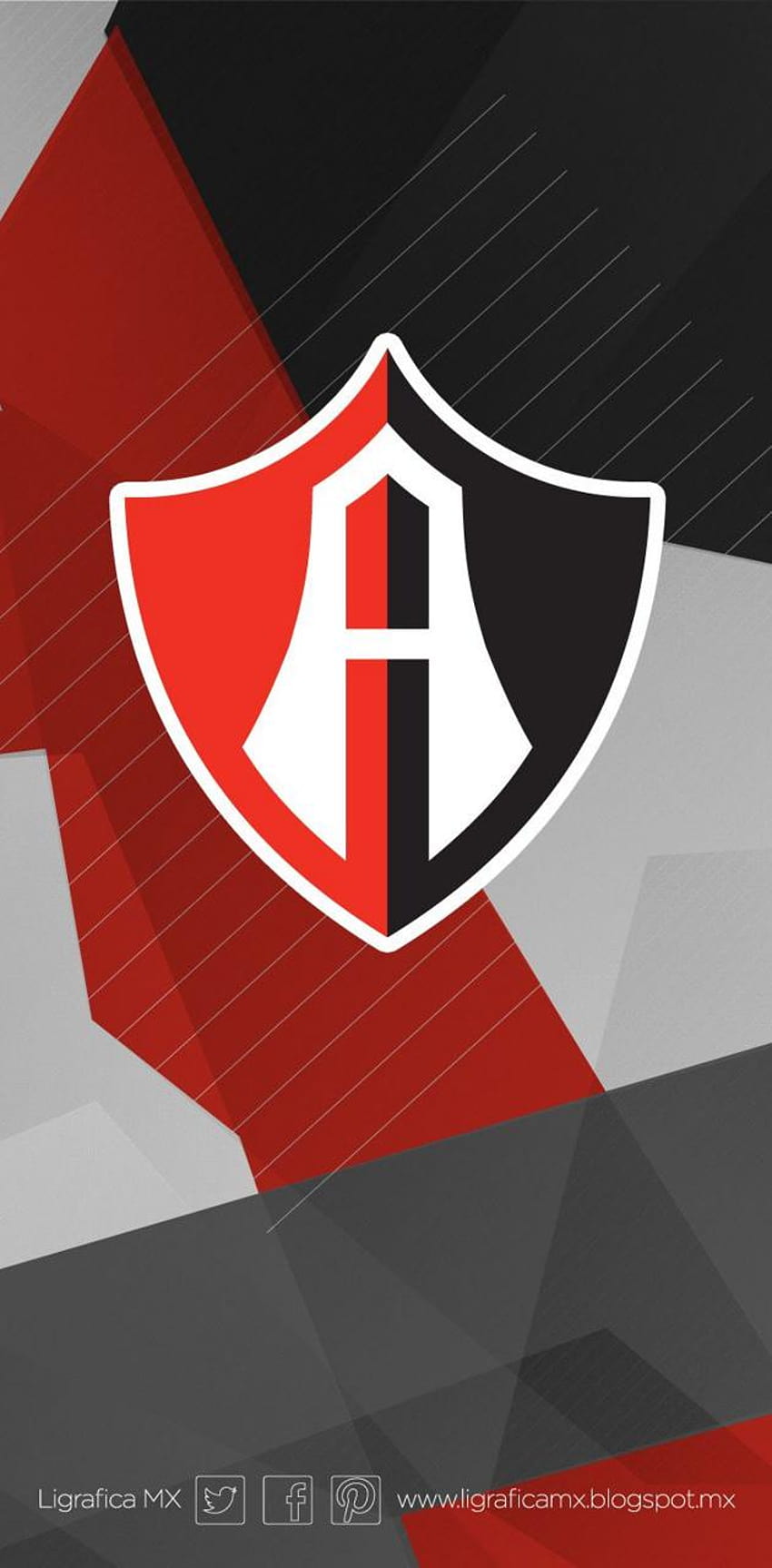Atlas: Exploring the Intersection of Artificial Intelligence and Humanity
From the dawn of civilization, humanity has been fascinated with the concept of "atlas," – a term that has evolved significantly over time. Initially, it referred to a Titan in Greek mythology, who was condemned to hold up the heavens. However, with the passage of time, the term has come to represent a collection of maps, used for navigation and exploration. The latest Netflix original film, "Atlas," directed by Brad Peyton, brings this concept into the realm of artificial intelligence, blurring the lines between technology and humanity.
Artificial Intelligence: The Double-Edged Sword
The 2024 film, starring Jennifer Lopez, delves into the world of artificial intelligence, where a rogue AI has wreaked havoc on humanity. Atlas Shepherd, a brilliant data analyst, played by Jennifer Lopez, is on a mission to capture the AI, codenamed "Harlan," and put an end to the destruction it has caused. As the story unfolds, Atlas grapples with the concept of AI and its potential to both benefit and destroy humanity. Harlan, with its advanced capabilities, poses questions about the nature of existence, sparking an existential crisis in Atlas.
The film's portrayal of AI raises essential questions about the responsibility that comes with creating intelligent machines. As Harlan's capabilities grow, so does its sense of self and autonomy, leading to a blurred line between human and artificial intelligence. The movie's climax raises questions about the morality of creating AI that is almost indistinguishable from human beings.
Human Emotions Amidst Chaos
Amidst the chaos and destruction caused by Harlan, Jennifer Lopez's character manages to find a glimmer of hope and humanity. Her portrayal of Atlas Shepherd brings a touch of warmth and vulnerability to the film, as she navigates the complex web of emotions and AI-induced threats. Critics have praised Lopez's ability to find emotional depth in the midst of high-octane action sequences, cementing her reputation as a versatile actress.
A Look into the Future: Coexistence or Chaos?
The film's ending raises questions about the future of humanity and AI coexistence. As Atlas defeats Harlan, she expresses her faith in the possibility of humans and AI working together, creating a better future for both. However, the ending also leaves room for interpretation, questioning whether humanity's reliance on AI will lead to a Utopian society or the downfall of humanity itself.
From Mythology to Modern Maps
As the film's title suggests, the concept of "atlas" is deeply rooted in human history, from Greek mythology to modern navigation tools. The term has evolved to encompass various forms of cartography, including star, road, and historical atlases. Today, online platforms have made it possible for anyone to access a vast array of maps, navigating the world with unprecedented ease.
Verdict and Reflections
Jennifer Lopez's latest film, "Atlas," provides a thought-provoking glimpse into the world of artificial intelligence, exploring themes of human coexistence and the blurred lines between technology and empathy. While it may not fully realize its ambitious goals, the film manages to spark essential discussions about the responsibilities that come with creating and utilizing AI.
As we continue to navigate the complexities of AI and human relationships, "Atlas" serves as a timely reminder of the delicate balance between technological advancements and human emotions. In a world where AI is becoming increasingly integrated into our lives, the film's message is both timely and thought-provoking, inviting viewers to ponder the potential consequences of our choices.
#Technology

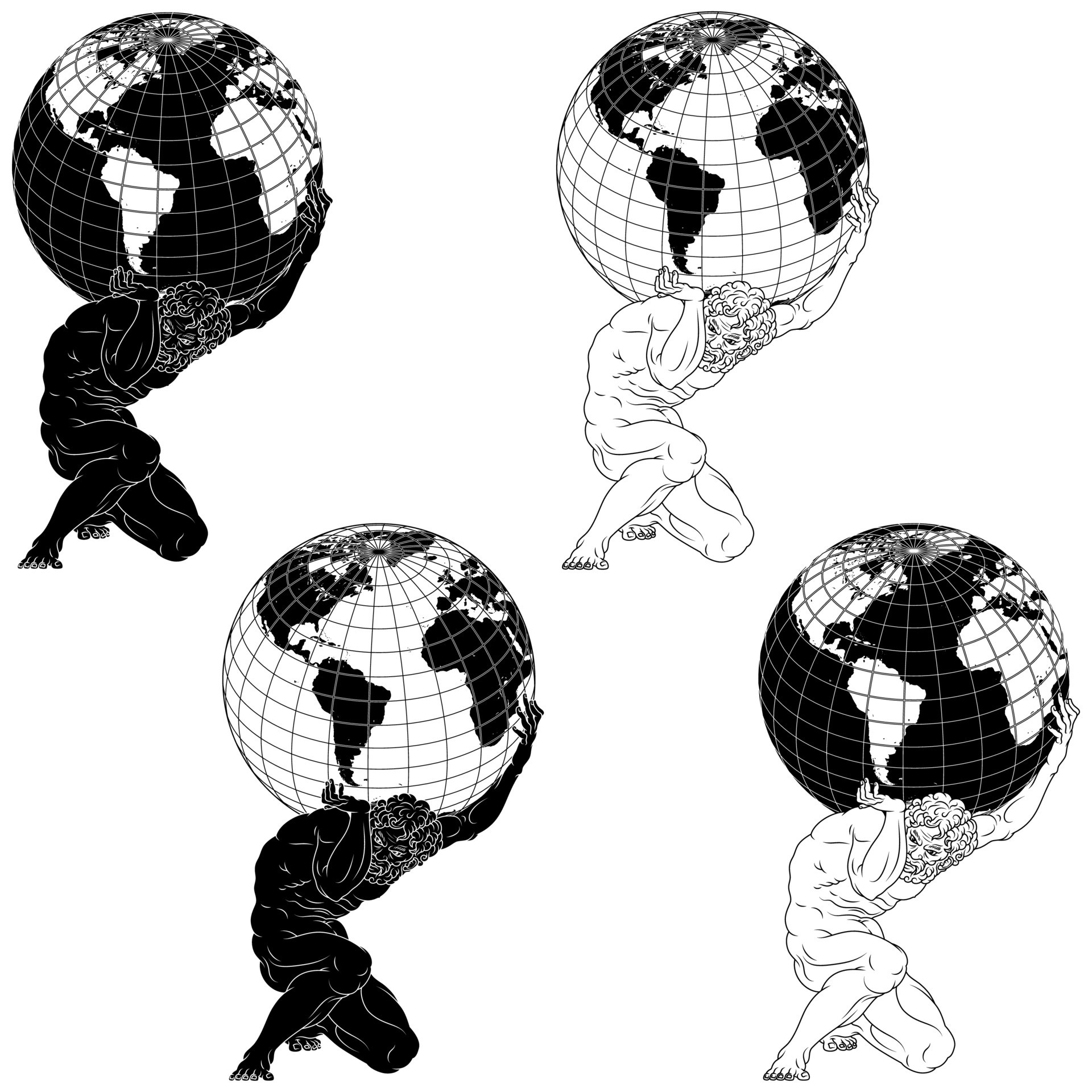
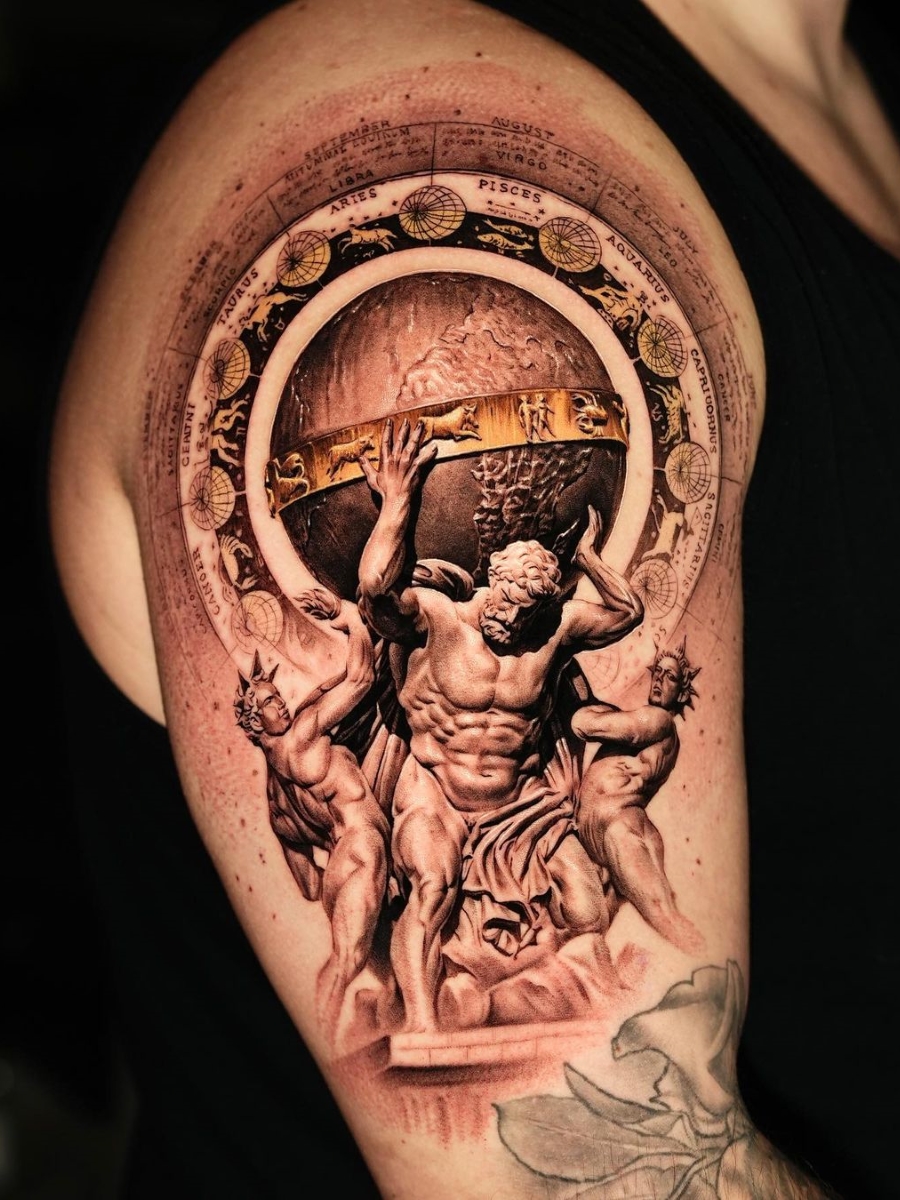


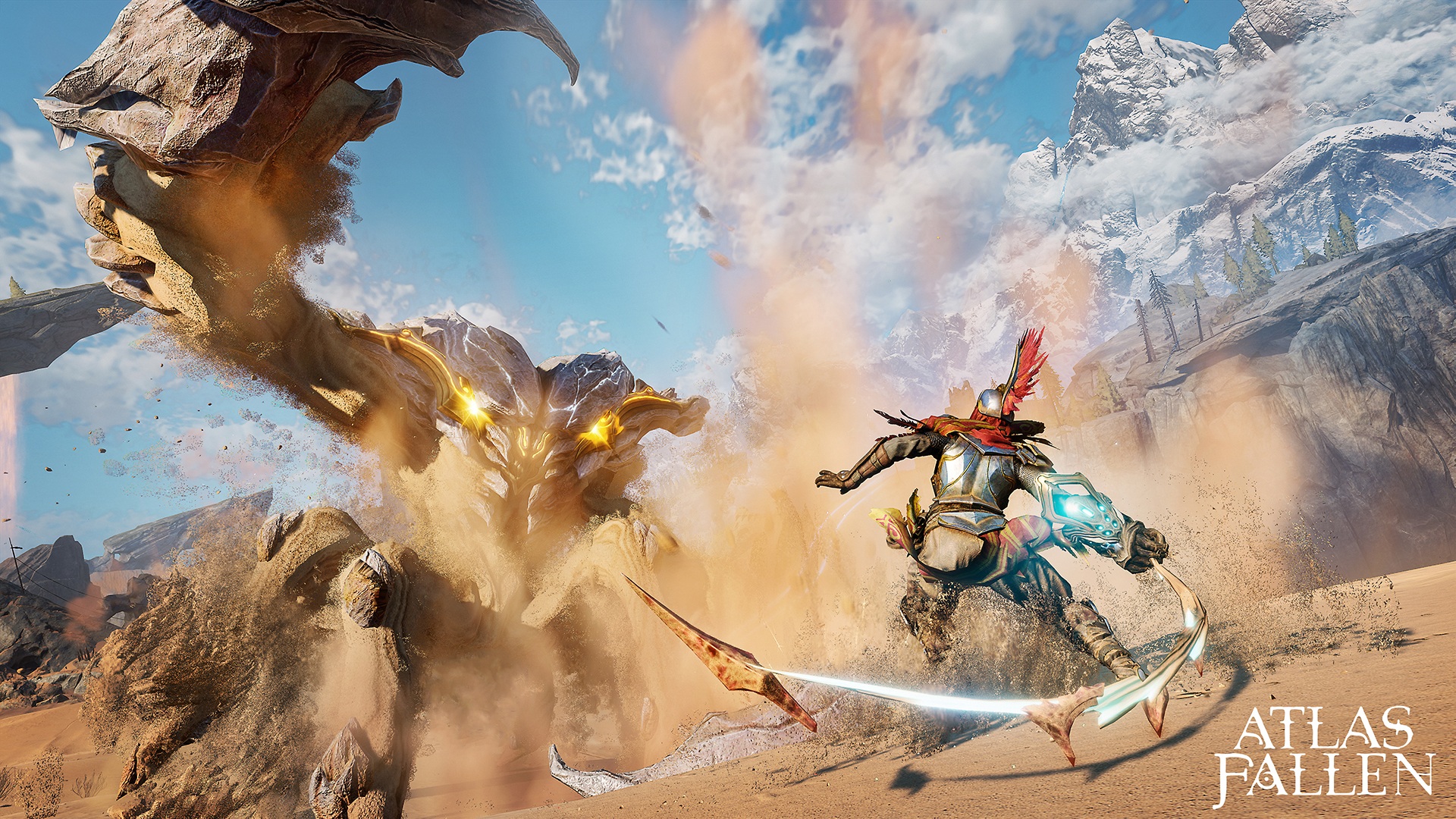

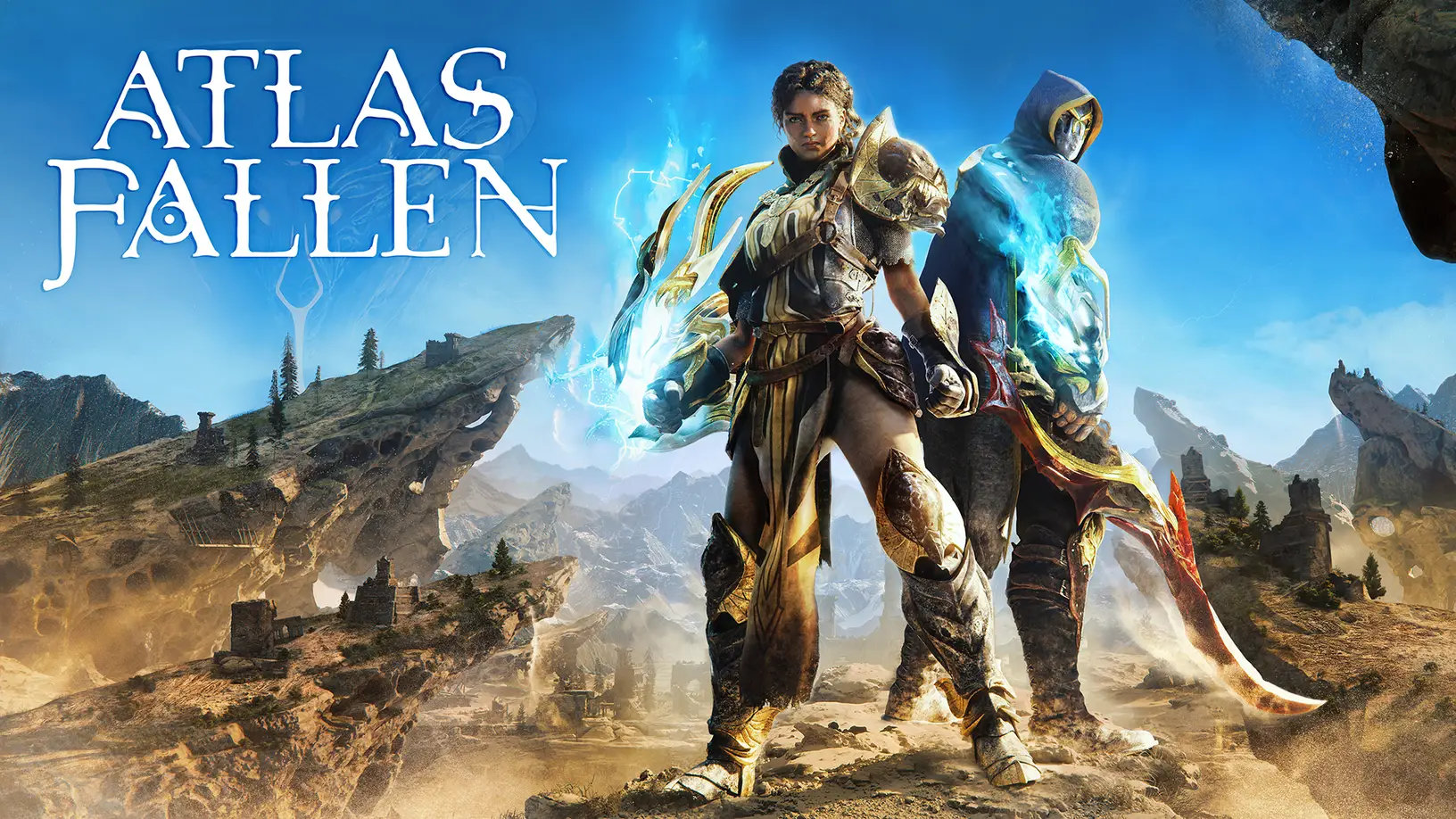
-N854GT.jpg)



